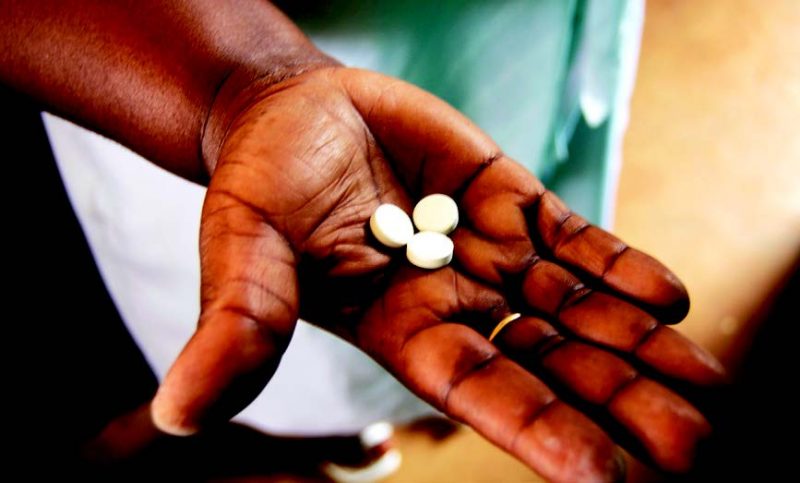In the first two years of activities, 1,277 health workers were trained in malaria prevention and case management for pregnant women.
In Malawi, a PMI-supported project integrates malaria in pregnancy activities with existing maternal, newborn, and child health interventions at the facility and community levels, with the goal of achieving universal access to malaria control interventions in Malawi by 2015. Activities to strengthen FANC in all health facilities led to an increase in IPTp2 from 16 percent in June 2012 to 64 percent in September 2013 in focus districts.
A key component of this success was the integration of IPTp training with other maternal and newborn interventions, including antenatal care, integrated management of childhood illnesses, and community case management. In the first two years of activities, 1,277 health workers were trained in malaria prevention and case management for pregnant women. During the same period, 1.2 million people were reached with messages promoting the use of ITNs, proper treatment of malaria, and access to IPTp during ANC visits. Furthermore, the project coordinated with the NMCP and other partners to ensure adequate supplies of SP and ITNs in intervention districts, providing transportation and logistical support.

